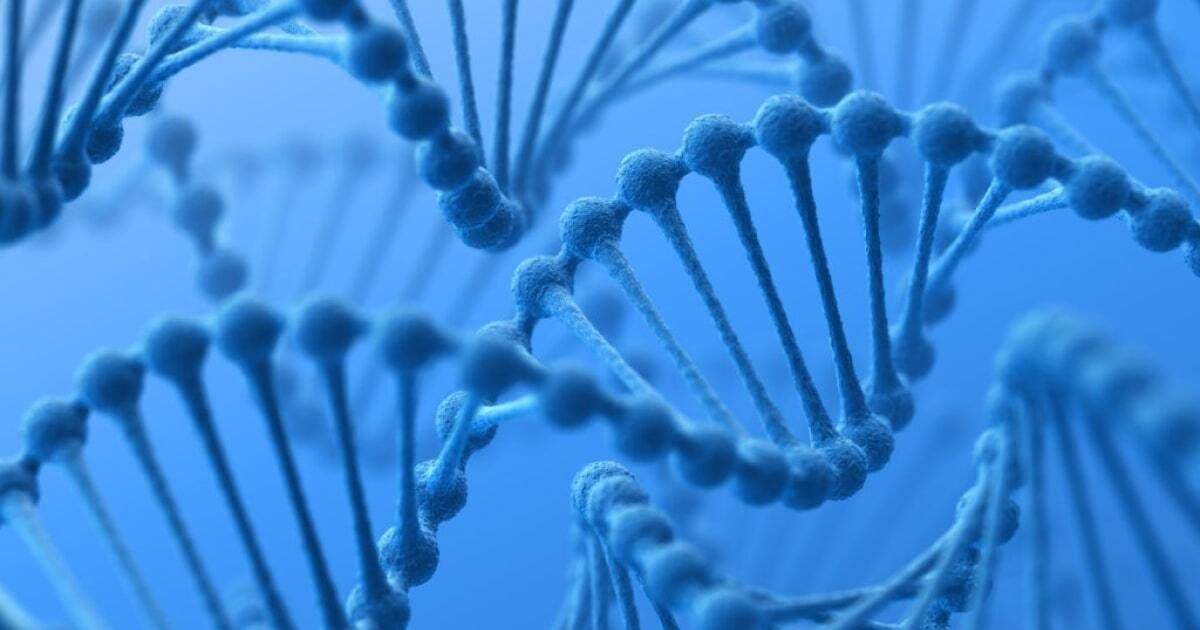Decoding Postaxial Polydactyly: Understanding, Diagnosing, and Harnessing Genetic Testing

Expert Reviewed By: Dr. Brandon Colby MD
Understanding Postaxial Polydactyly, Type A1/B
Postaxial polydactyly (PAP) is a congenital condition characterized by the presence of extra digits in the hands and/or feet, specifically on the ulnar or fibular side. PAP is classified into two main types: type A, which involves fully formed extra digits, and type B, where the extra digits are rudimentary or underdeveloped. In this article, we will focus on PAP type A1/B, a specific subtype of the condition, and explore the latest research on understanding, diagnosing, and using genetic testing for this disorder.
Diagnosing Postaxial Polydactyly: Genetic Factors and Variants
Recent studies have identified various genetic factors and variants associated with PAP type A1/B. These findings not only provide valuable insights into the molecular mechanisms underlying the condition but also pave the way for more accurate diagnostic methods and potential therapeutic interventions.
A Frameshift Variant in KIAA0825 Causes Postaxial Polydactyly
In a study published in Human Heredity, researchers identified a novel frameshift variant in the KIAA0825 gene causing PAP type A10 in a consanguineous Pakistani family. This discovery highlights the role of KIAA0825 in the development of PAP and suggests that genetic testing for this variant may be useful in the diagnosis and management of the condition.
Prenatal Detection of Novel Compound Heterozygous Splice Site Variants of the KIAA0825 Gene
A study published in Genes reported novel compound heterozygous splice site variants in the KIAA0825 gene in a fetus with PAP type A. These variants were detected through prenatal whole-exome sequencing, demonstrating the potential of this technology in the early diagnosis of PAP and guiding clinical decision-making during pregnancy.
Structural Evaluation and Conformational Dynamics of ZNF141T474I Mutation Provoking Postaxial Polydactyly Type A
Research published in Bioengineering investigated the molecular dynamics of a missense variant in the ZNF141 gene causing postaxial polydactyly type A. The study provides insights into the structural association of ZNF141 protein with PAP, which may facilitate the development of targeted therapies and improve our understanding of the condition’s genetic basis.
Identification of a Novel IQCE Large Deletion through Copy Number Variant Analysis
A study in Cytogenetic and Genome Research reported the first description of a large deletion in the IQCE gene, identified through copy number variant analysis from whole-exome sequencing data in a patient with postaxial polydactyly type A7. This finding emphasizes the importance of comprehensive genetic testing in diagnosing PAP and uncovering novel genetic factors associated with the condition.
Using Genetic Testing for Postaxial Polydactyly: Benefits and Applications
Genetic testing has emerged as a powerful tool in understanding, diagnosing, and managing PAP type A1/B. The identification of genetic variants associated with the condition can:
- Improve diagnostic accuracy and facilitate early intervention
- Provide valuable information for genetic counseling and family planning
- Help predict the severity and potential complications of the condition
- Contribute to the development of targeted therapies and personalized treatment plans
In conclusion, the advancements in genetic testing for postaxial polydactyly type A1/B have significantly improved our understanding of the condition’s genetic basis and opened up new avenues for diagnosis and treatment. As research continues to uncover novel genetic factors and variants, the potential of genetic testing in managing PAP will only continue to grow.
About The Expert Reviewer
Dr. Brandon Colby MD is a US physician specializing in the personalized prevention of disease through the use of genomic technologies. He’s an expert in genetic testing, genetic analysis, and precision medicine. Dr. Colby is also the Founder of and the author of Outsmart Your Genes.
Dr. Colby holds an MD from the Mount Sinai School of Medicine, an MBA from Stanford University’s Graduate School of Business, and a degree in Genetics with Honors from the University of Michigan. He is an Affiliate Specialist of the American College of Medical Genetics and Genomics (ACMG), an Associate of the American College of Preventive Medicine (ACPM), and a member of the National Society of Genetic Counselors (NSGC)